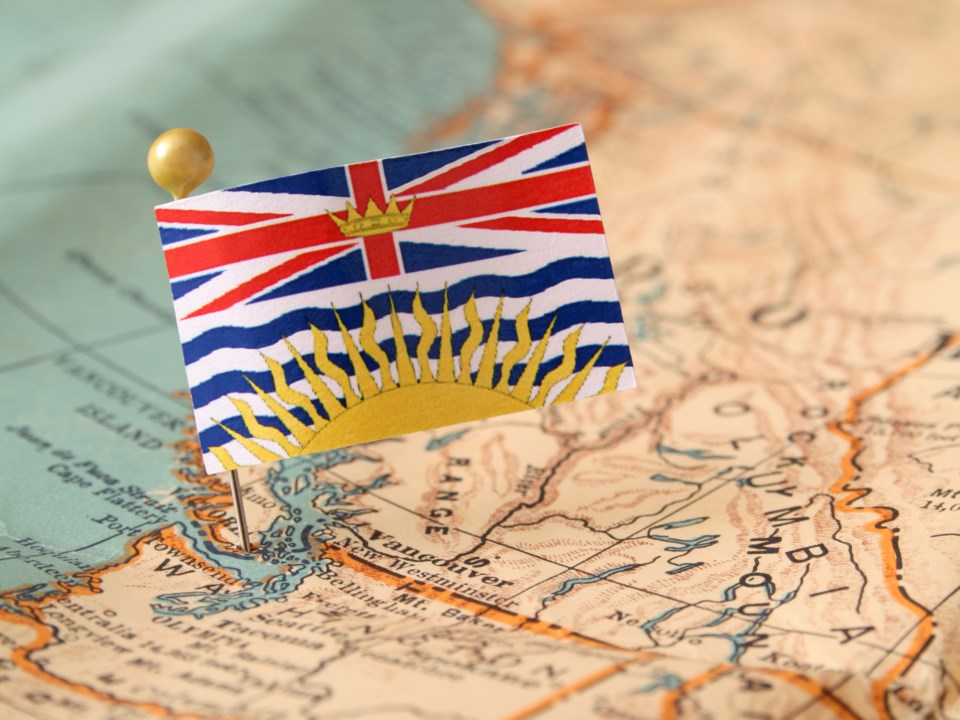Over 13,000 British Columbians have participated in an engagement process on how the government can safely use demographic data to address systemic racism to build a more inclusive province.
The government is calling the outreach one of its most extensive ever done in advance of anti-racism data legislation being introduced next month.
"For years, Indigenous, Black and people of colour have faced long standing inequities and have been left out of the development of services and supports. This legislation is built on the tireless labour and advocacy of Indigenous partners, Black and racialized communities. Their voices are at the centre of this legislation, and it will help advance racial equity in British Columbia,” said Rachna Singh, parliamentary secretary for anti-racism initiatives.
B.C. urged Indigenous people and racialized communities between September 2021 and January 2022 to help improve services and address systemic racism by sharing data about their identity.
Over 13,000 people participated with more than 90 per cent believing that collecting demographic data could bring positive change and be a step towards building trust between government and Indigenous people and racialized communities.
B.C. provided $1.1 million to support nearly 70 communities to lead their own sessions, with money also available to Indigenous and Metis organizations.
The anti-racism data legislation will be introduced in the coming weeks and will address the challenges raised through this engagement. It will build on recommendations from B.C.’s Human Rights Commissioner’s report on how government can use data to address systemic discrimination. It will also address anti-Indigenous racism in B.C.’s healthcare system.
The full reports related to the engagement can be read here.




